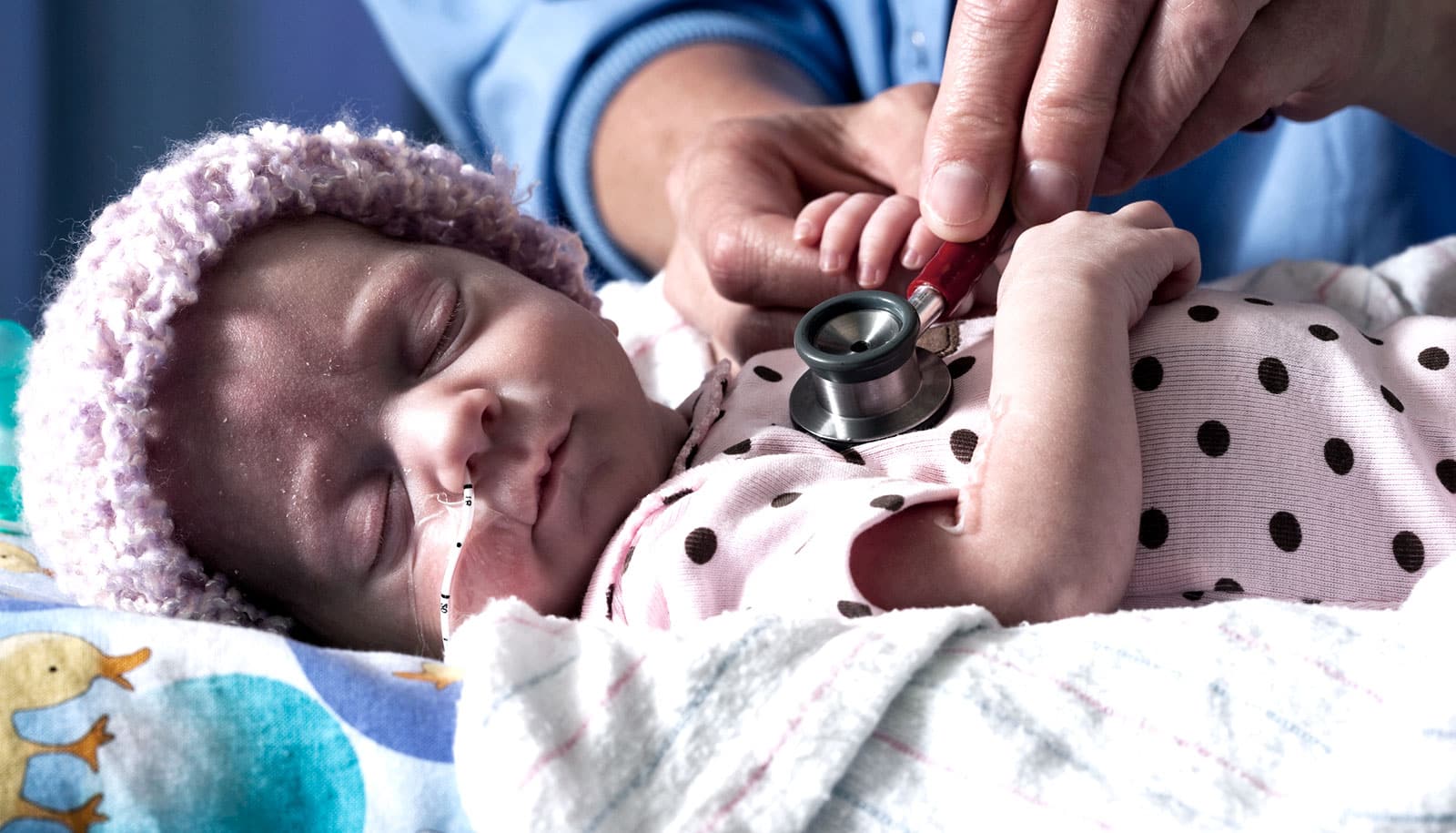Women who become pregnant using infertility treatments, such as in vitro fertilization, have a slightly higher risk of a complication, according to a new study
These complications can include bleeding, serious infections, and admission to the intensive care unit around the time of delivery.
The rate of such severe complications in Canada is approximately 10 to 15 for every 1,000 births. Maternal deaths are even rarer, occurring in 10 or fewer per 100,000 births.
During pregnancy, such complications are often sudden and difficult to predict. Therefore, it’s important to identify women who may be at risk for these events so that negative outcomes, including death, may be averted.
Infertility treatments and complications
“We found that 30.8 per 1,000 of the women in our study, who received an infertility treatment, experienced a severe pregnancy complication. When compared with a group of women of approximately the same age and with similar characteristics who gave birth without the use of infertility treatment, 22.2 per 1,000 of the untreated women experienced a severe pregnancy complication,” says lead author Natalie Dayan, a clinician-scientist at the Research Institute of the McGill University Health Centre, and director of obstetric medicine in the division of general internal medicine at the MUHC.
“It is important to remember that the absolute number of women who develop these complications remains quite small, meaning that for the vast majority of women or couples who cannot conceive naturally, this treatment is a very safe and effective method of becoming pregnant and having a child,” Dayan says.
In Canada, infertility affects one in six couples and many turn to assisted reproductive technology. As a result, these treatments result in approximately 18,000 births in Canada each year. Fertility experts in Ontario have recently generated data to not only evaluate the success rate of these treatments, but also to conduct appropriate surveillance of the mother’s health after treatment.
The researchers looked at this data from 813,719 births in Ontario hospitals between 2006 and 2012. They identified 11,546 women who conceived through infertility treatment and matched them with 47,553 women with similar characteristics who conceived without any assistance. Women who conceive with infertility treatments are typically older, are more often first-time mothers, or pregnant with twins than are women who conceive without these treatments, and these characteristics often mean a high-risk pregnancy.
Although the study does suggest a small added risk from the treatment itself, the authors note that “[w]hether specific components of treatment using in vitro fertilization, such as the dose of ovarian hyperstimulation or fresh versus frozen embryo transfer, contribute to these complications, or whether the increased risk is a reflection of a typical woman who requires or choose in vitro fertilization, remains to be determined.”
One of the study’s interesting findings is that recipients of in vitro fertilization had higher risk of one of these pregnancy complications, but those who received other types of infertility treatments, such as intrauterine insemination or ovulation induction with medication did not.
What should women and their doctors do?
In recent years, the medical and scientific community has emphasized the importance of optimal maternal health before infertility treatment. Fertility specialists often consult with other experts to ensure good control of any health conditions before pregnancy, and often choose to implant only one embryo per mother to avoid risks associated with twin or triplet pregnancies.
When asked what women and their practitioners should do with this information, senior author Joel Ray, a researcher at ICES and the Li Ka Shing Knowledge Institute of St. Michael’s Hospital, says, “The first step is to monitor women for such side effects. Women who are felt to be at higher risk should be informed about these small but important health risks. If infertility treatment is chosen by the patient and her doctor, she may need to be followed more closely during pregnancy by obstetricians and medical specialists with experience in high-risk pregnancies.”
The researchers add that future planned studies will look more closely at the factors that led to these pregnancy complications, with the eventual goal of allowing physicians to further customize treatments to each individual woman who seeks reproductive assistance, to optimize the chance of a successful and healthy pregnancy.
The research appears in the journal CMAJ. The Canadian Institutes of Health Research funded the study.
Source: McGill University



